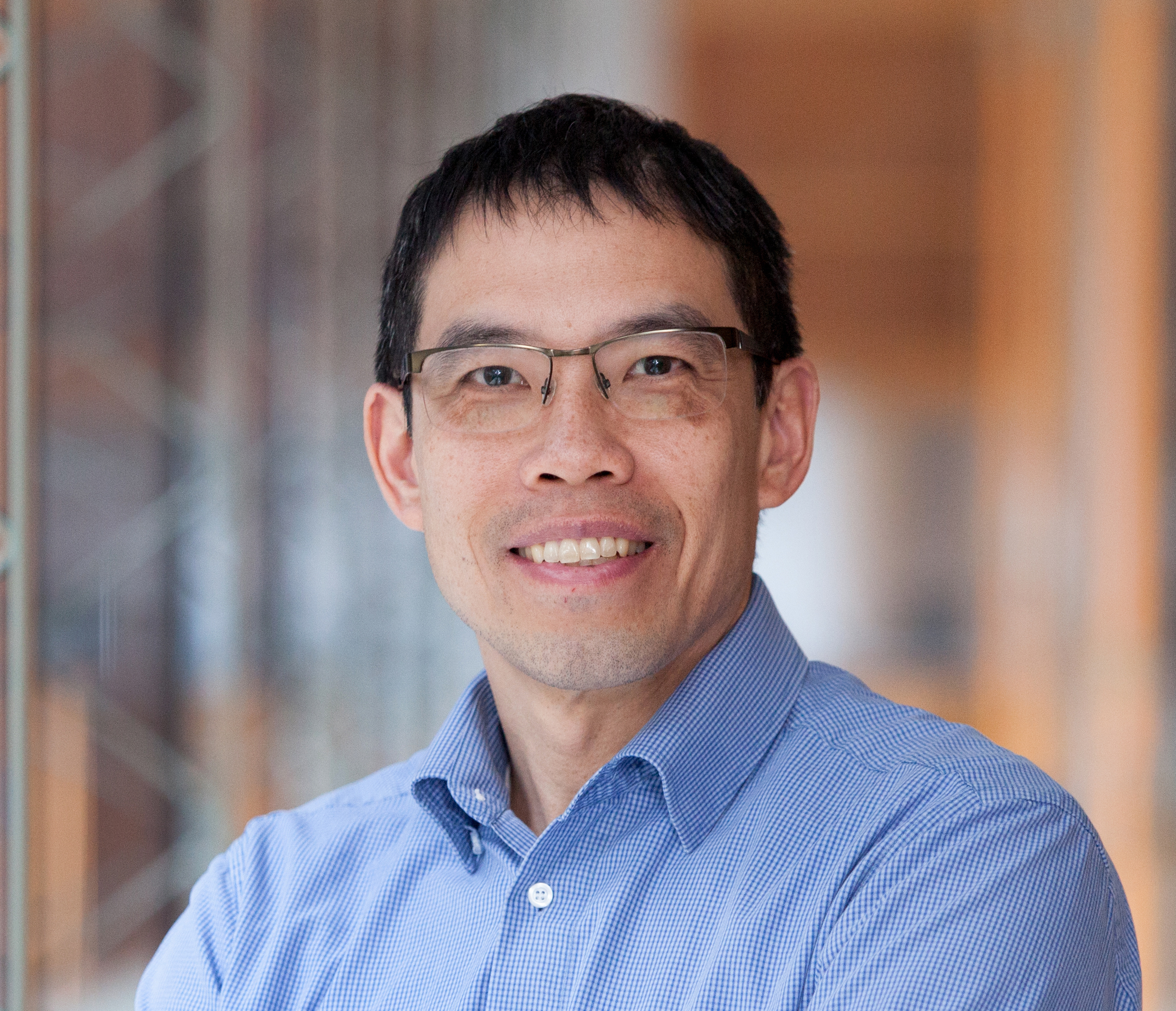
Lawrence Fong, MD
Our lab focuses upon defining the mechanisms that underly responses to cancer immunotherapy. We have focused on approaches to prime immune responses through vaccines. Our initial work developed autologous dendritic cell vaccines targeting shared tumor associated antigens both in preclinical models and also in patients. This approach helped to lay the groundwork for the FDA-approved cancer vaccine sipuleucel-T. We have continued to study how this approach as well as approaches for endogenous vaccination with cancer therapies can serve to prime anti-tumor immune responses.
We have also focused on how immune checkpoints can modulate anti-tumor immune responses both in mouse models and in patients. This includes track immune responses through the use of MHC-peptide tetramers and next generation sequencing of antigen receptors. Through this work, we have also identified mechanisms of resistance to our current immunotherapies. Future work will focus on identifying novel determinants of response to immunotherapies as well as novel targets for future therapies.
